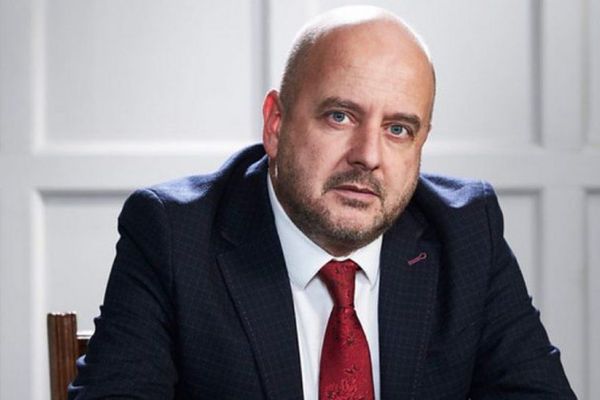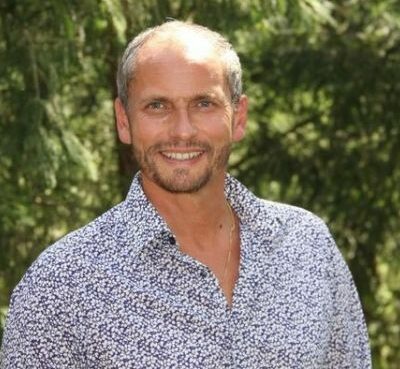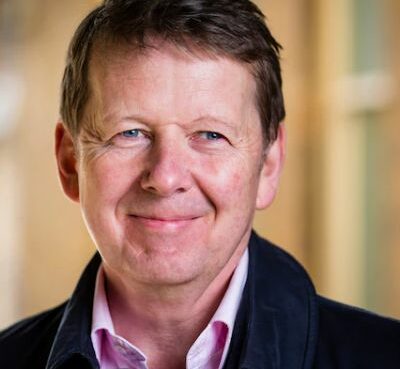Former BBC Radio Stoke presenter Rob McKeon is currently a member of the Parole Board and panel chair. In a documentary series, a former BBC presenter provides insight into the British criminal court system.
BBC Two’s Parole reveals the inner workings of parole hearings and how parole boards decide whether prisoners should remain incarcerated or be released.
He told BBC Radio Stoke,
“The ramifications of getting it wrong are enormous because people might die.”
Mondays at 21:00 GMT are reserved for the new series.
According to the creators, it was videotaped over the course of a year and demonstrates how independent judicial proceedings affect inmates, victims, and their families.
Mr. McKeon worked in a number of industries after leaving his position as a broadcaster before becoming a magistrate, which led to his current position.
Every year in England and Wales, some 16,000 of the “possibly most dangerous criminals” are considered for a parole before the conclusion of their term, according to the creators of the scheme. Approximately 4,000 are released into the community.
Witnesses who are familiar with the prisoner, such as probation and prison personnel, provide oral testimony to assist parole boards in determining whether the prisoner has met the legal “test for release.”
“You must perform this duty without fear or favor,” said Mr. McKeon.
“These are some of the most heinous crimes that can be done; I don’t want to become desensitized to them since every crime is significant.”
You must check your moral judgment at the door; I base my decisions on the evidence.
When asked if being filmed was intimidating, he responded,
“Every decision I make on the Parole Board will be unpopular; if I don’t release a prisoner, it’s unpopular, and if I do release a prisoner, it’s unpopular – so my focus was always on doing the parole review and ignoring the fact that there were television cameras around.”
Also Read: Jonathan Groff, Who Is Out Gay, Discusses A Relationship Gone Wrong





